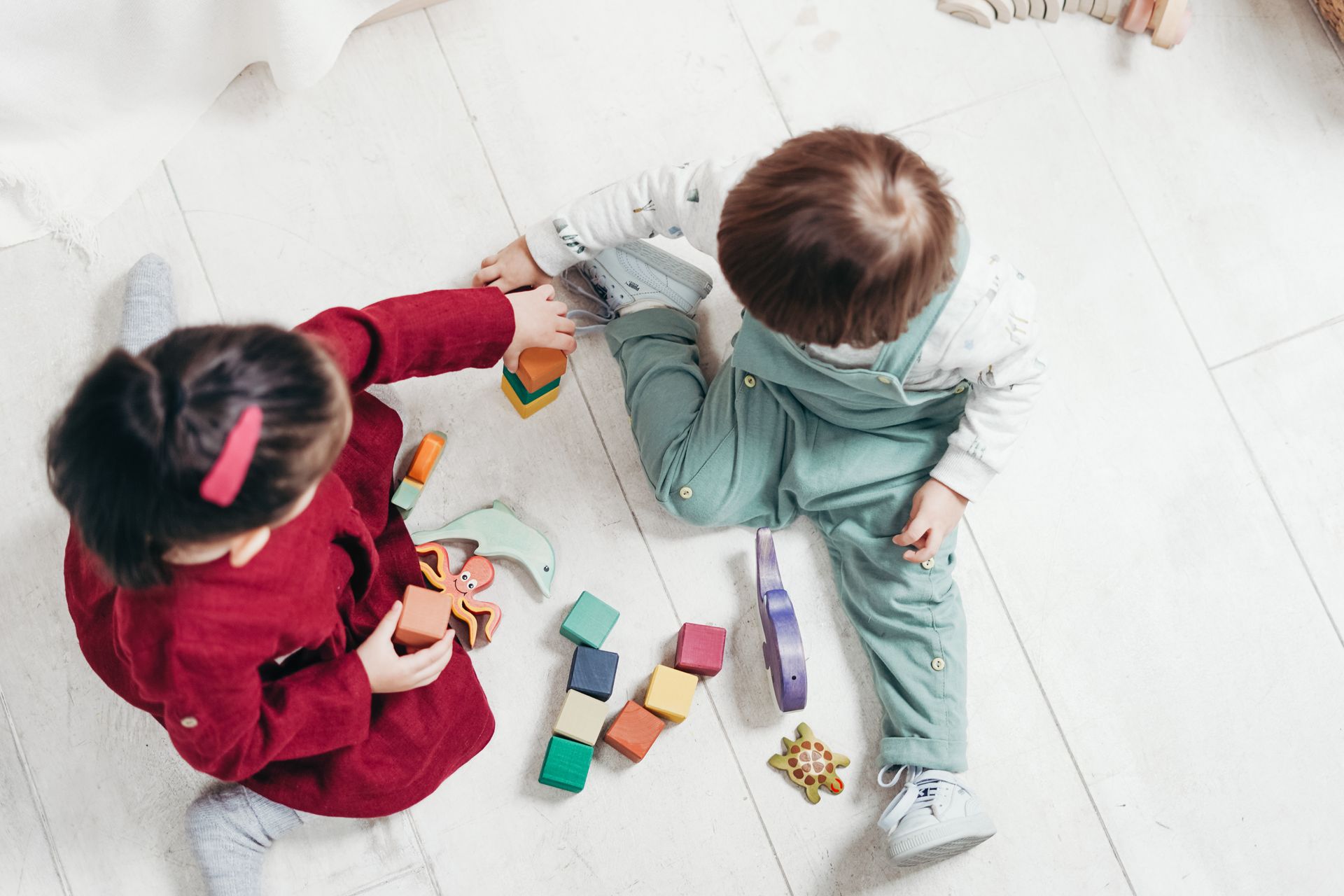Toddler
4 min Read
Teach toddlers proper words for private parts

September 7, 2012
Toddler
4 min Read

September 7, 2012

 Most parents of toddlers are thinking more about sleep schedules and accident prevention than sex education. But fascination with the human body can start at a very young age. A three-year-old has probably realized that boys and girls have different body parts, and may start to ask questions about their body … as well as your body and where babies come from. How should you respond? And is there a right age to start talking about that stuff?
Most parents of toddlers are thinking more about sleep schedules and accident prevention than sex education. But fascination with the human body can start at a very young age. A three-year-old has probably realized that boys and girls have different body parts, and may start to ask questions about their body … as well as your body and where babies come from. How should you respond? And is there a right age to start talking about that stuff?
The right age is whenever your child starts to ask questions, says Hilda Shilliday, a retired public health nurse from Brentwood Bay, B.C. “That age will differ from child to child. But whenever they ask a question, it’s an opportunity to start to create a healthy body image.”
Toddlers often begin by asking about their own bodies, typically while in the bathtub or getting dressed. Tell them the names of their body parts, using correct terminology – penis and vagina, rather than silly euphemisms like wee-wee. “Explain that these are parts of our body, just like our hands, face, or feet. It’s also a good time to let them know that these parts of their body are private,” says Hilda.
Try not to get embarrassed, giggle or avoid the subject. Kids this age learn as much from your reaction to things as your actual words, so create an open dialogue from the start. Let your child know that curiosity is normal and that asking questions is a good thing.
The key is to answer honestly, but in an age-appropriate way. Don’t offer more information than you think they’re ready for. For example, toddlers don’t need to know the details of procreation – if they ask where babies come from, or see a pregnant woman and ask why she looks that way, you might say “the mommy and daddy make a baby together and it lives in the mommy’s tummy until it’s ready to be born.” Short and uncomplicated is best, and most young children this age will be satisfied.
If they want more information, continue the conversation in a straightforward way, but without too much detail.
Many parents were not raised in a household where sex and their bodies were openly discussed. If this applies to you, it may be helpful to revisit your own childhood and review how you learned about your body. Then do your best to be more open with your child.
There are a number of great books for children about their bodies and babymaking. Hilda used a book called Susie’s Babies to help guide her when her children were young. “It was informative and the children loved it, even though Susie was a hamster.”
When kids ask questions about sex or their bodies, don’t shut the conversation down (“that’s not appropriate”), or delay the discussion (“we’ll talk about it later, I have to get dinner ready.”) Give your child your full attention and try to answer the questions as clearly as possible. It doesn’t hurt to be prepared for what might come up. Questions (and sample responses) might include:
Originally published in ParentsCanada magazine, October 2012.